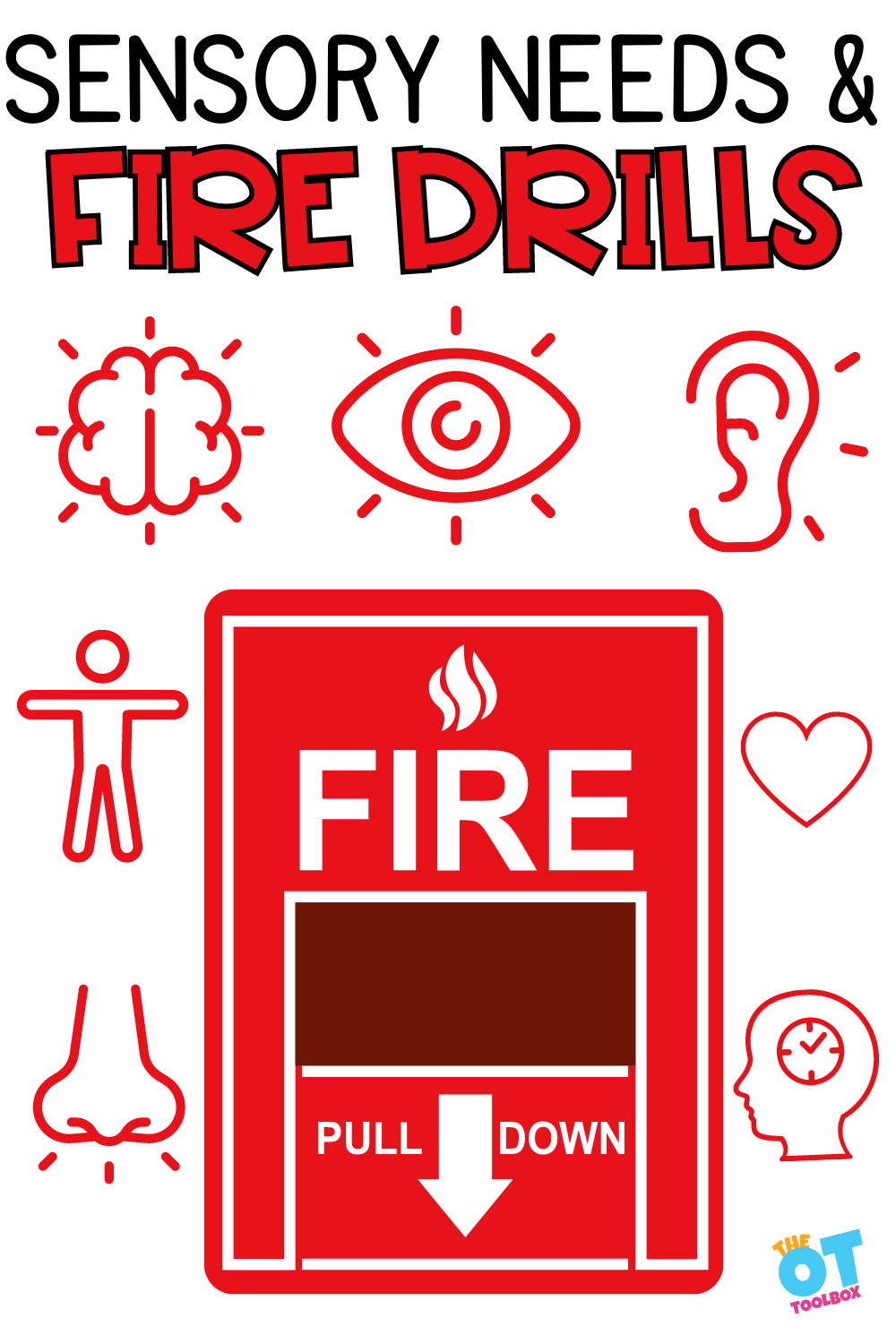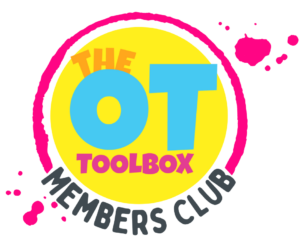What is Occupational Therapy?
What is OT is a common question! My short answer for this question is always rooted in layman’s terms, so it’s easy to understand: OT helps people be more independent in daily tasks (like self-care, hygiene, hobbies, or anything we do all day long), so that they can do these things despite illness or disability. OT rehabilitates or adapts to difficulties that impact things like hobbies, interests, daily tasks, or task that occupy a person’s time…their most meaningful jobs!
Occupational therapy (OT) is a holistic profession that looks at the whole person and improves or remediates all aspects of life and living so a person can develop age-appropriate skills, achieve goals, and complete daily tasks…or their daily occupations! Occupational therapists work on skills that are important to the individual. OT can look so very different to each and every client or patient. There is no such thing as “cookie cutter” OT interventions, because occupational therapists focus on the most important occupations of each and every person on an individual basis.
Occupational therapy allows people to live fuller, functional lives by promoting health, wellness, and independence despite illness, injury, or disability.
Occupational therapists work in hospitals, schools, outpatient clinics, the community, and homes. OTs serve people of all ages, from birth through geriatrics.
What are Occupations in OT?
The short answer is: occupations are what we do each and every day, all day long!
Most people hear “occupation” and think of a job or career. However, occupation literally means “a way of spending time”. Occupations are the daily life tasks, hobbies, interests, and activities that all of us do each and every day.
Most Occupations are those tasks, skills that make up everything you do. From brushing your teeth, to getting dressed, to frying an egg, to packing for a trip, to making it out of the house on time with everything you need for the day…Each of those straightforward tasks are a part of your day. They allow you to be functional, independent, achieve independence, and live!
What are you doing *right now*? You’re scrolling on your phone, reading, waiting for an appointment, standing in the checkout line, researching online? Maybe you’re sitting, standing, or lounging on the couch. Are you snacking? How did you make that food? Did you just finish up a busy day of work, school, a quick workout at they gym? Every aspect of everything you do are considered “occupations”. They are physical, mental, emotional, and social tasks that take up time in your day.
For children, daily occupations can mean playing with friends, creating artwork, crawling, learning to walk down steps, holding a pencil so they can write schoolwork, catching a ball, putting on shoes and socks, potty training, eating foods of a variety of textures, getting dressed independently, managing zippers, buttons, and snaps, learning in school, being safe, developing independence according to their age…the occupations of children are so vast and rooted in play and learning!
Occupational therapists can help kids with these daily occupations:
- Play
- Learning
- Getting dressed
- Bathing
- Grooming and hygiene
- Tying shoes, managing buttons, snaps, and zippers
- Self-feeding
- Tolerating various textures of foods
- Toileting Age-appropriate household chores
- Making friends
- Managing emotions
- Regulating behaviors
- Social skills
- Staying organized at home or in school
- Staying safe in the community
- Navigating busy school hallways, shops, or crowds
- Participating in age-appropriate sports or leisure activities
- Throwing or catching a ball
- Hobbies
- Cooking and meal preparations
- Pencil grasp
- Handwriting
- Cutting with scissors
- Managing a backpack and materials at school
- Sleep and rest
Occupational therapists help kids achieve these tasks by addressing the skills they need. They do this through therapeutic activities, therapeutic practice, adaptive equipment, and evidence-based interventions:
- Fine Motor Skills- pinch, grasp, hand strength, dexterity, refined precision and endurance of the hands, fingers, and forearm
- Gross Motor Skills– core strength, stability, endurance, motor control, coordination and motor control of the trunk, legs, upper arms, head and neck
- Motor Skills– eye-hand coordination, bilateral coordination, crossing midline, motor planning, motor control, postural adjustment
- Visual Processing Skills– visual motor skills, visual perception, visual efficiency, discrimination, spatial awareness, visual attention, oculomotor skills
- Sensory Processing– integration of sensory input with the 8 sensory systems: visual, proprioceptive, vestibular, tactile, interoceptive, gustatory, olfactory, auditory
- Sensory Motor Skills– reflex integration, body scheme, ability to screen and interpret sensory input
- Emotional Regulation– managing frustration, emotions, emotional wellness and wellbeing, managing thoughts and perceptions, emotional intelligence
- Social Skills– interacting with others, self-control, using empathy, taking turns, working with others, compromise, communication, respecting others
- Self-Awareness– introspection, self-confidence, reflection, leadership, beliefs, self-acceptance
- Executive Functioning Skills– task Initiation, task completion, working memory, planning, prioritizing, processing speed, organization, attention, self-monitoring, impulse control, cognitive flexibility, foresight, hindsight, self-Talk, problem solving, persistence, shift, metacognition
What are OT Tools?
So we talked about what occupational therapy is…and we talked about what occupational therapy works on…so the next question is how do occupational therapists help people achieve what is most important to them, so they can live full and functional days?
It’s through OT Tools!
OT tools are the evidence-based interventions, strategies, and specific resources that help people achieve a full and functional life. Pediatric occupational therapists can use the OT tools found here on this website.
To build a cabinet, a carpenter needs tools: a hammer, screws, a measuring tape, saw. For the occupational therapy professional, tools are part of the profession that allows them to build skills!
To help children build and develop skills, an occupational therapist needs tools that help kids develop or adapt so they can achieve in the areas listed above. OT tools can include games, toys, activities, educational handouts, intervention strategies, exercises, worksheets, adapted equipment, pencil grips, methodologies, knowledge, access to research studies, screening and evaluation materials, data collection tools, and specialized equipment.
Here on The OT Toolbox, you will find activities, play ideas, resources, games, toys, digital materials, informational materials, and a variety of other TOOLS designed to make life easier as an OT, parent, or teacher, so you can help children thrive in their development!
What Kind of OT Tools do you need??
EXPLORE THE TOOLBOX
to discover ideas, crafts, activities, and more!


